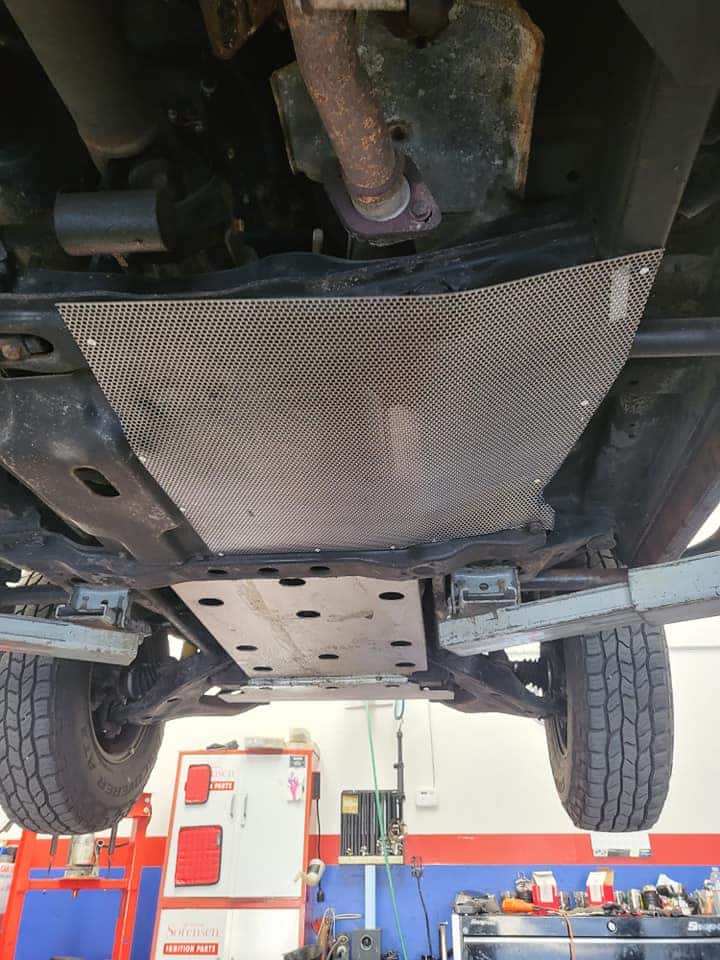Put away your old notions about what an oil change can do. Yes, it keeps your engine running smoothly and prolongs its life, but did you know regular oil changes can also increase your car's fuel efficiency?
Understanding the Role of Oil
Every car's engine is a complex piece of machinery. Thousands of small metal parts are moving, rubbing against each other constantly. Oil is the lubricant that ensures these parts don't grind together and cause damage. Over time, the oil gets dirty and its lubricating properties decrease, leading to a less efficient engine operation. This, in turn, affects the fuel efficiency of your car.
The Connection Between Oil and Fuel Efficiency
How does a regular oil change improve fuel efficiency, you ask? Well, the answer is simple. Clean oil allows the engine to run more smoothly, reducing friction and heat. This means the engine doesn't have to work as hard to maintain speed, hence using less gasoline.
Studies show that regular oil changes can improve fuel efficiency by 1-2%. It might not sound like much, but considering the current gas prices, it adds up. For example, if your car gets 30 miles per gallon and you drive about 15,000 miles a year, a 2% improvement means saving around 10 gallons of gas. That's roughly $30-$50 in your pocket just from getting regular oil changes.
Choosing the Right Oil
Not all oils are created equal. They come in different grades and types. A lower viscosity oil (thinner oil) will create less resistance in the engine and can improve fuel efficiency. Synthetic oils, although more expensive, are engineered to provide the best protection and efficiency for your engine.
Also, make sure to follow your vehicle manufacturer’s recommendations. Using a higher grade oil than recommended won't necessarily increase your car's performance and can even harm your engine.
How Often Should You Change Your Oil?
The old rule of thumb was to change the oil every 3,000 miles or three months, whichever came first. However, with modern advancements in oil and engine technology, many car manufacturers now recommend 5,000 to 7,500 miles between oil changes for most vehicles.
Keep in mind that these are just guidelines. Many factors can affect how often you should change your oil, such as your driving habits, the age of your car, and the type of oil you use. Always consult your vehicle's owner manual for specific recommendations.
Saving Money and the Environment
Regular oil changes not only save you money at the pump but also help the environment. A more efficient engine means less fuel consumption, which leads to lower CO2 emissions. Plus, disposing of used oil properly prevents it from polluting water sources.
Keep your car in peak condition and save money in the long run. The team at Sartorial Auto Repairs is always ready to assist you. With our professional auto services, we'll ensure your car gets the right oil and the regular changes it needs. Let's work together to maximize your mileage and minimize your carbon footprint. Schedule your oil change with us today.












